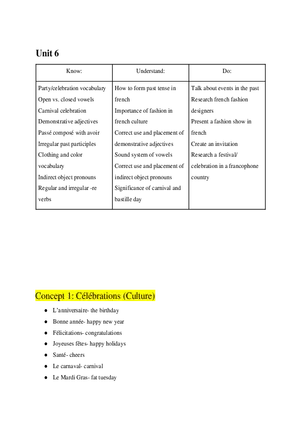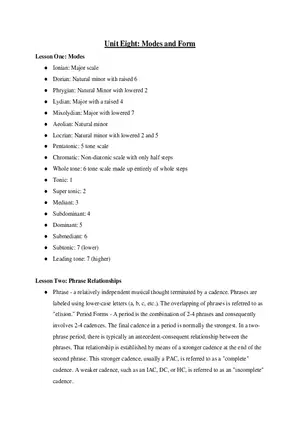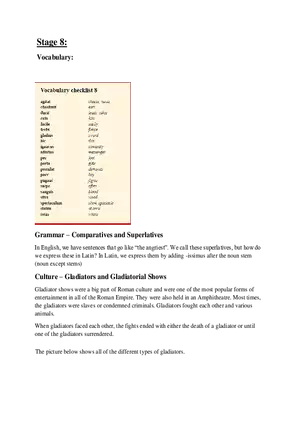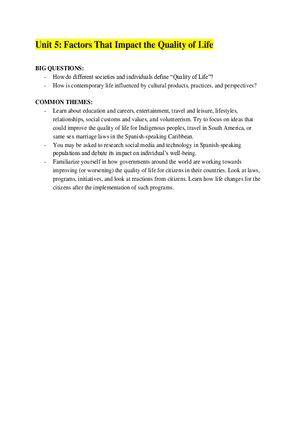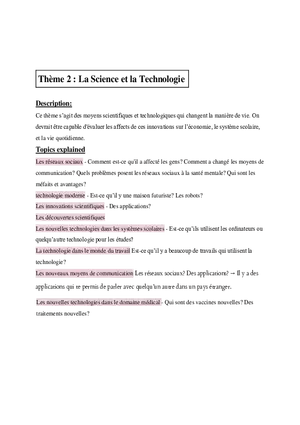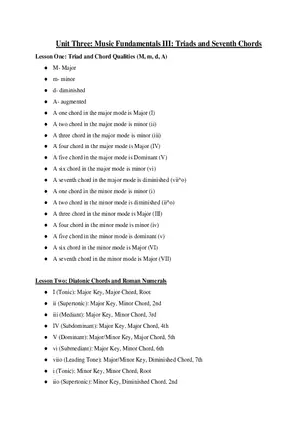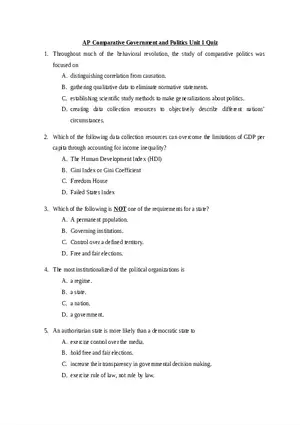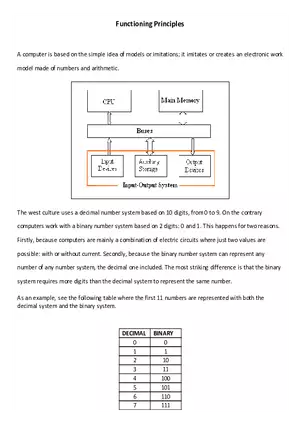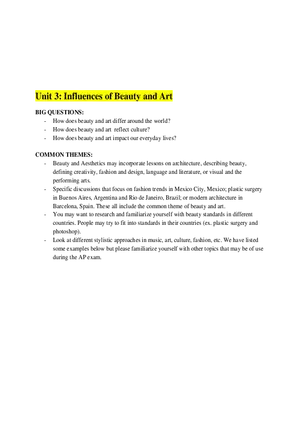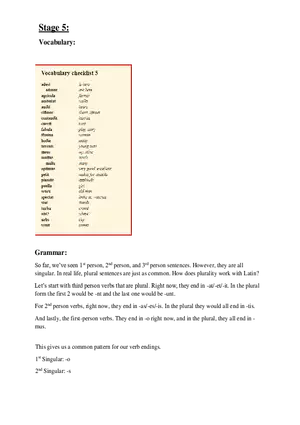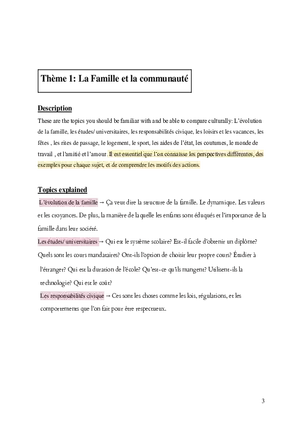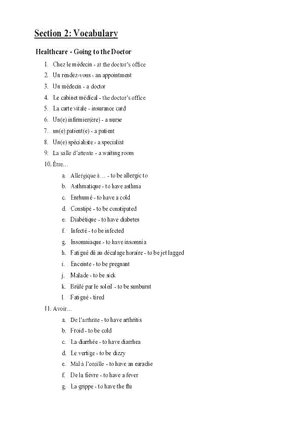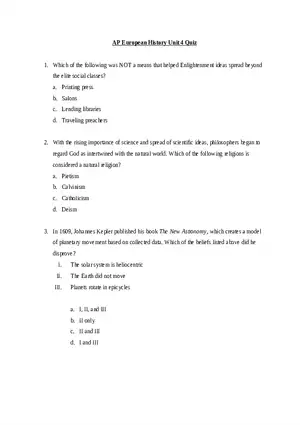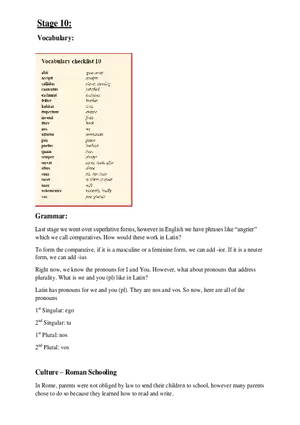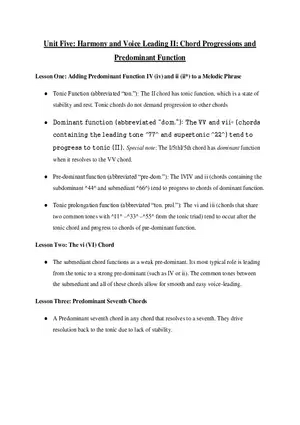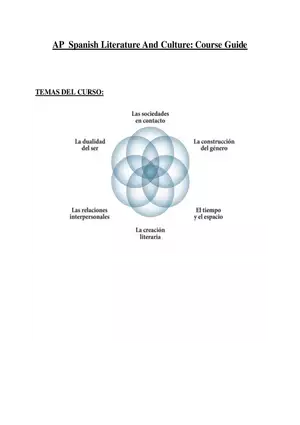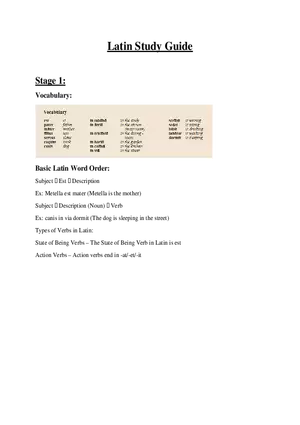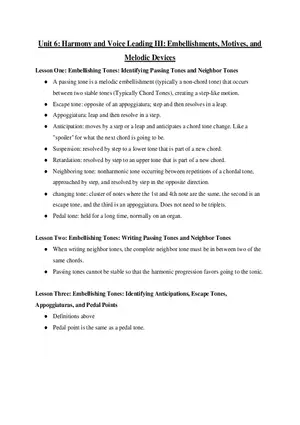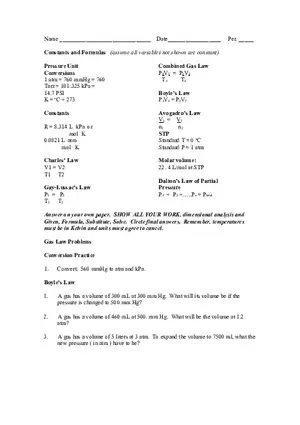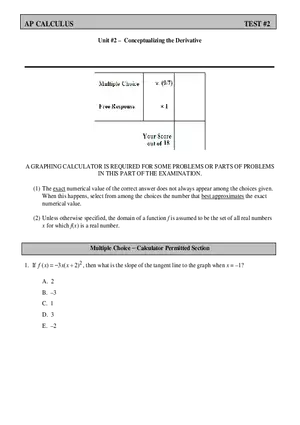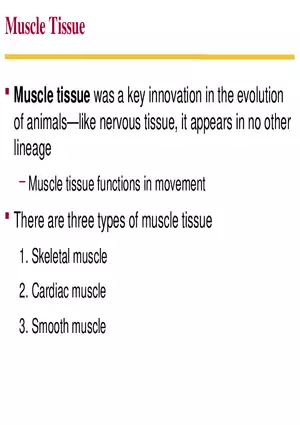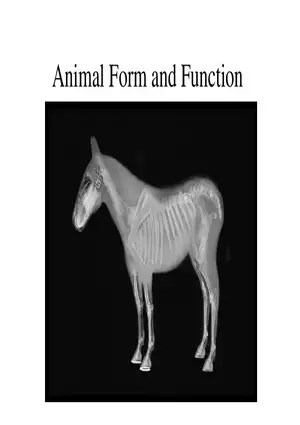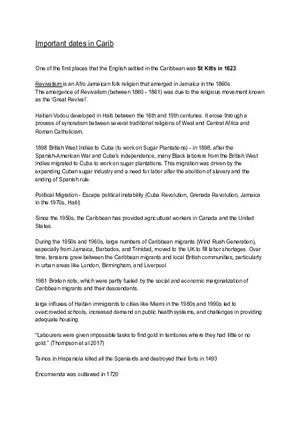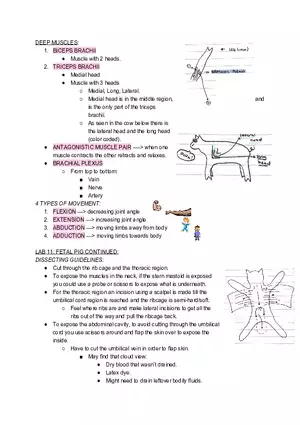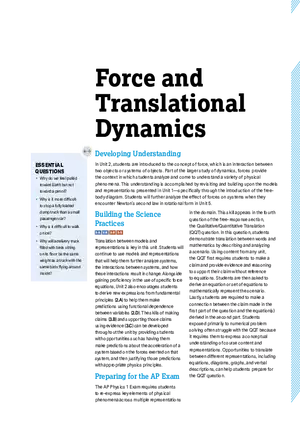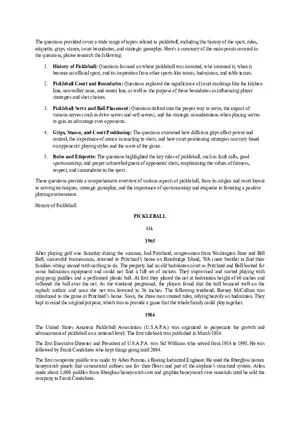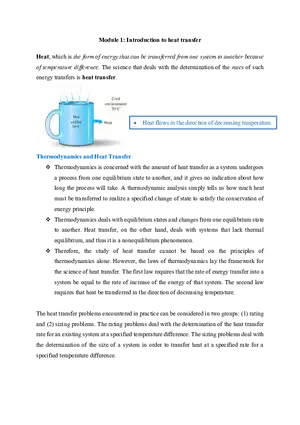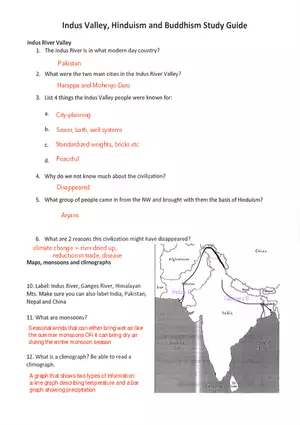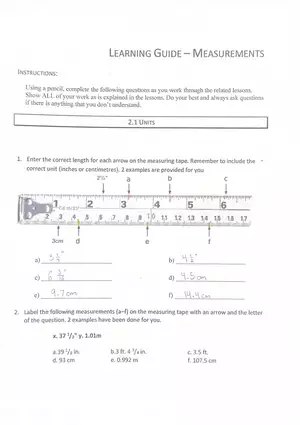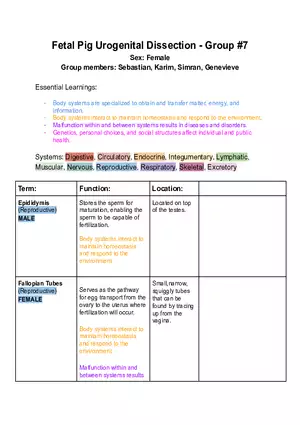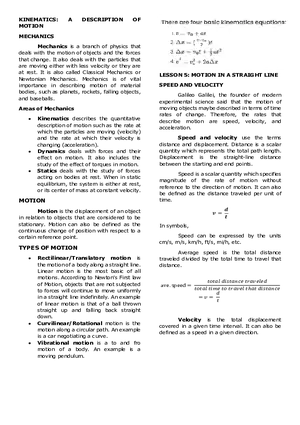Top Study Notes from Amherst College
- US
- 193 courses
- 1286 documents
Discover Amherst College’s expansive study materials, tailored to enhance both learning and teaching. Gain access to detailed lecture notes, study guides, and assignments, all structured to make studying more efficient and exam prep easier. Whether you’re a student aiming to master challenging topics or an educator refining your curriculum, Amherst College’s study resource hub is the key to success. Explore these resources today and elevate your academic performance!

Recent notes and course materials
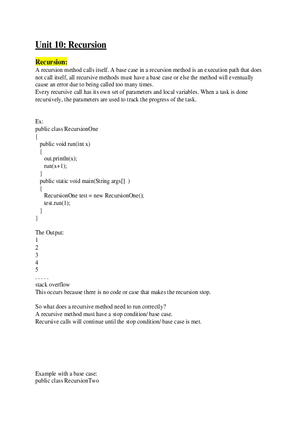
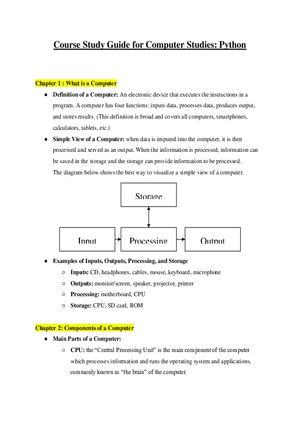
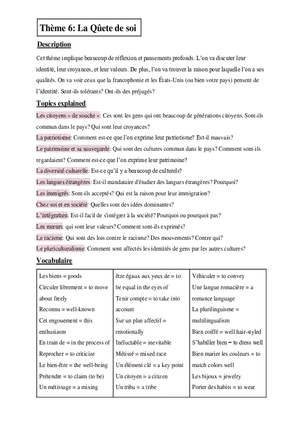
Amherst College courses
-
BIOL 181 | Adaptation and the Organism
-
CHEM 221 | Organic Chemistry I
-
CHEM 330 | Biochemical Principles of Life at the Molecular Level
-
CLAS 136 | History of Rome
-
ECON 407 | Advanced Behavioral Economics
-
GEOL 111 | Planet Earth: Introduction to Geology
-
MATH 121 | Intermediate Calculus
-
MUSI 120 | Popular Music, from Records to Apps
-
PHYS 109 | Energy
-
PHYS 116 | Introductory Physics I: Mechanics
-
RELI 316 | Philosophy of Religion
-
SPAN 105 | Spanish for Bilingual Students
-
STAT 111 | Introduction to Statistics
-
CHEM 330 | Biochemical Principles of Life at the Molecular Level
-
COSC 225 | Algorithms and Visualization
-
ECON 210 | Environmental and Natural Resource Economics
-
HIST 116 | The Global Medieval World
-
PHIL 309 | Of Theories and Theorems: Philosophical Questions about Science and Mathematics
-
PSYC 233 | Cognitive Psychology
-
BIOL 220 | Developmental Biology
-
BIOL 303 | Molecular Neurobiology: CURE
-
BIOL 400 | Molecular and Cellular Biophysics
-
CHEM 165 | Foundations of Thermodynamics and Kinetics
-
COSC 311 | Algorithms
-
MATH 105 | Calculus with Algebra
-
MATH 111 | Introduction to the Calculus
-
MATH 211 | Multivariable Calculus
-
PHYS 117 | Introductory Physics II: Electromagnetism and Optics
-
COSC 111 | Introduction to Computer Science I
-
ECON 250 | Money, Banking, and Economic Activity
-
MATH 220 | Mathematical Reasoning and Proof
-
MATH 260 | Differential Equations
-
MATH 271 | Linear Algebra
-
MATH 365 | Stochastic Processes
-
PHIL 218 | Early Modern Philosophy
-
PHYS 125 | Oscillations and Waves
-
BIOL 330 | Biochemical Principles of Life at the Molecular Level
-
CHEM 151 | Introductory Chemistry
-
CLAS 111 | Introduction to the Greek Language
-
CLAS 123 | Greek Civilization
-
ECON 212 | Public Economics: Environment, Health, and Inequality
-
FREN 103 | Intermediate French
-
GEOL 291 | Structural Geology
-
MATH 272 | Linear Algebra with Applications
-
RELI 152 | Introduction to Buddhist Traditions
-
STAT 360 | Probability
-
STAT 384 | IThe Replicated Image in Japanese Art: Woodblock Prints, Postcards, and Photograph
-
BIOL 104 | Food, Fiber, and Pharmaceuticals
-
BIOL 191 | Molecules, Genes and Cells
-
ECON 301 | Advanced Microeconomics
-
ECON 450 | Monetary Theory and Policy
-
HIST 175 | Japan from Shamans to Samurai
-
SPAN 301 | Literature and Culture of the Hispanic World
-
ARCA 135 | Renaissance to Revolution: Early Modern European Art and Architecture
-
COSC 112 | Introduction to Computer Science II
-
ECON 414 | Urban Economics
-
MATH 106 | Calculus with Elementary Functions
-
SPAN 101 | Fundamentals of Spanish Language and Culture I
-
AMST 101 | Afro-Latinos
-
BIOL 281 | Animal Behavior with Lab
-
CHEM 231 | Organic Chemistry II
-
ENST 250 | US Environmental Policy
-
HIST 128 | Medieval Europe (1000-1500)
-
MATH 272 | Linear Algebra
-
STAT 135 | Introduction to Statistics via Modeling
-
GEOL 253 | Principles of Geospatial Inquiry
-
PHYS 400 | Molecular and Cellular Biophysics
-
RUSS 201 | Second-Year Russian I
-
BIOL 181 | Adaptation and the Organism
-
BIOL 292 | Cell Structure and Function
-
ECON 300 | Microeconomics
-
STAT 111 | IIntroduction to Statistics
-
CHEM 161 | Chemical Principles
-
MATH 360 | Probability
-
SOCI 315 | Foundations of Sociological Theory
-
ENGL 369 | Cinematic Worlds
-
MATH 315 | Computational Algebraic Geometry
-
STAT 225 | Nonparametric Statistics
-
BIOL 303 | Molecular Neurobiology: CURE
-
GEOL 271 | Mineralogy
-
MUSI 103 | Music and Totalitarianism
-
ECON 262 | Development Economics
-
STAT 136 | Exploring Mental Health Inequities via Statistics: Happy Intro Stats
-
STAT 230 | Intermediate Statistics
-
ECON 360 | Econometrics
-
MATH 140 | Mathematical Modeling
-
MATH 284 | Numerical Analysis
-
PHYS 108 | Science and Music
-
PHYS 230 | Statistical Mechanics and Thermodynamics
-
PHYS 348 | Quantum Mechanics I
-
CLAS 111 | The Bodies of Tragedy
-
MUSI 221 | Exploring Music
-
PSYC 221 | Personality Psychology
-
PSYC 228 | Clinical Psychology
-
BIOL 220 | Developmental Biologyl
-
BIOL 321 | Evolutionary Biology with Lab
-
ENST 100 | Environmental Science with laboratory
-
MATH 225 | Fractal Geometry
-
MATH 310 | Introduction to the Theory of Partitions
-
BIOL 350 | Neurophysiology
-
ECON 330 | Macroeconomics
-
MATH 255 | Geometry
-
MUSI 222 | Music and Culture II
-
LATI 215 | Latin Literature: Catullus and the Lyric Spirit
-
GEOL 105 | Introduction to Oceanography
-
ARHA 147 | Arts of China
-
COSC 321 | Computer Graphics
-
CHEM 351 | Quantum Chemistry and Spectroscopy
-
ECON 479 | Institutions and Governance
-
BIOL 330 | Biochemical Principles of Life at the Molecular Level
-
ARCA 121 | In Black and White: Race and Photography
-
STAT 370 | Nonparametric Statistics
-
BIOL 264 | Form and Function
-
AMST 205 | Whose Game: Sports in American Society
-
PSYC 363 | Psychology and the Law
-
PSYC 213 | Neuroscience: Systems and Behavior
-
MATH 345 | Functions of a Complex Variable
-
PSYC 211 | Cognitive Neuroscience
-
MATH 325 | Calculus of Variations
-
ECON 419 | Education and Inequality in the United States
-
SWAG 101 | Intro to Queer/Trans Studies
-
PHYS 347 | Electromagnetic Theory I
-
POSC 160 | Sexualities in International Relations
-
COSC 211 | Data Structures
-
MATH 2225 | Fractal Geometry
-
LJST 143 | Law's History
-
STAT 370 | Theoretical Statistics
-
COSC 163 | Introduction to Computer Architecture
-
MUSI 428 | Seminar in Popular Music and Identity
-
POSC 223 | The Politics of Race in American Society
-
ARHA 146 | Art From the Realm of Dreams
-
HIST 216 | Frida and Diego
-
PHYS 124 | The Maxwellian Synthesis: Dynamics of Charges and Fields
-
BIOL 104 | Food, Fiber, and Pharmaceuticals
-
MATH 350 | Groups, Rings, and Fields
-
BIOL 270 | Microbiology
-
LJST 230 | Law, Speech, and the Politics of Freedom
-
GEOL 431 | Geochemistry
-
MUSI 104 | Writing Through Popular Music
-
AMST 217 | Religion, Democracy, and American Culture
-
SJCI 112 | Self and Society: An Introduction to Sociology
-
RELI 115 | The Cognitive Science of Religion
-
GEOL 341 | Geophysics
-
FYS 104 | Books on the Brain
-
PHYS 343 | Dynamics
-
ANTH 339 | The Anthropology of Food
-
MUSI 104 | Writing Through Popular Music
-
MATH 250 | Number Theory
-
ASTR 110 | Observing the Sky
-
SOCI 112 | Self and Society: An Introduction to Sociology
-
MATH 111 | Planet Earth: Introduction to Geology
-
CLAS 121 | Greek Mythology and Religion
-
ARCA 145 | The Modern World
-
STAT 231 | Data Science
-
COSC 171 | Computer Systems
-
POSC 124 | Introduction to Political Theory
-
PHYS 113 | Spacetime, Particles, and the Universe
-
PHYS 117 | Introductory Physics II: Electromagnetism and Optic1
-
CLAS 316 | Latin Literature in the Augustan Age
-
GEOL 401 | Plate Tectonics and Continental Dynamics
-
COSC 257 | Databases
-
MUSI 223 | The Musical Symptoms of Modernism
-
BIOL 241 | Genetic Analysis with Lab
-
PHIL 111 | Philosophical Questions
-
HIST 261 | History of Central America
-
ARCA 383 | The Tea Ceremony and Japanese Culture
-
MATH 355 | Introduction to Analysis
-
BIOL 220 | Molecules, Genes and Cells
-
ENST 110 | Environmental Science with laboratory
-
ARCA 148 | Arts of Japan
-
MUSI 128 | The Blues Muse: African American Music in American Culture
-
MUSI 211 | Exploring Music
-
ENGL 111 | Introduction to Academic Writing: The Right to Read and Write
-
BIOL 261 | Animal Physiology with Lab
-
CHEM 371 | Inorganic Chemistry
-
POSC 219 | Introduction to American Politics
-
MATH 280 | Graph Theory
-
ECON 205 | Pluralist Economics
-
ECON 220 | Public Choice
-
LJST 105 | Race, Place, and the Law
-
MATH 378 | Differential Geometry of Curves and Surfaces
-
MATH 450 | Measure Theory and Integration
-
CLAS 132 | Greek History
-
CLAS 316 | Latin Literature in the Augustan Age
-
CLAS 136 | Intermediate Latin: Introduction to Literature
-
MATH 320 | Wavelet and Fourier Analysis
-
MUSI 123 | Sacred Sound
-
MUSI 232 | Listening, Hearing, and the Human
-
CLAS 111 | An Introduction to Latin Language and Literature
-
ENGL 128 | Introduction to Academic Writing: The Right to Read and Write
-
RELI 316 | Philosophy of Religion
-
RELI 367 | Reading the Rabbis
-
AMST 205 | Whose Game: Sports in American Society
